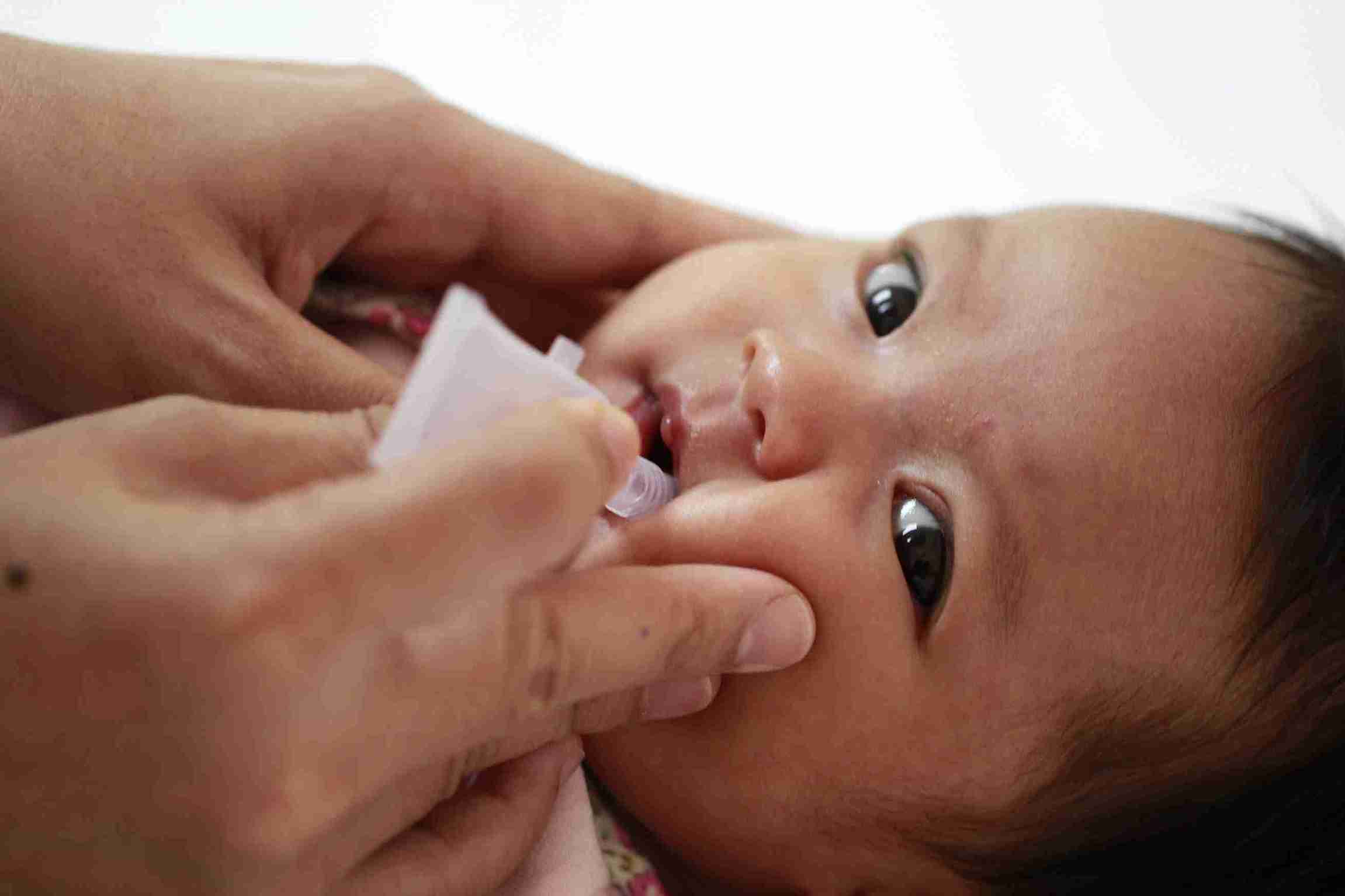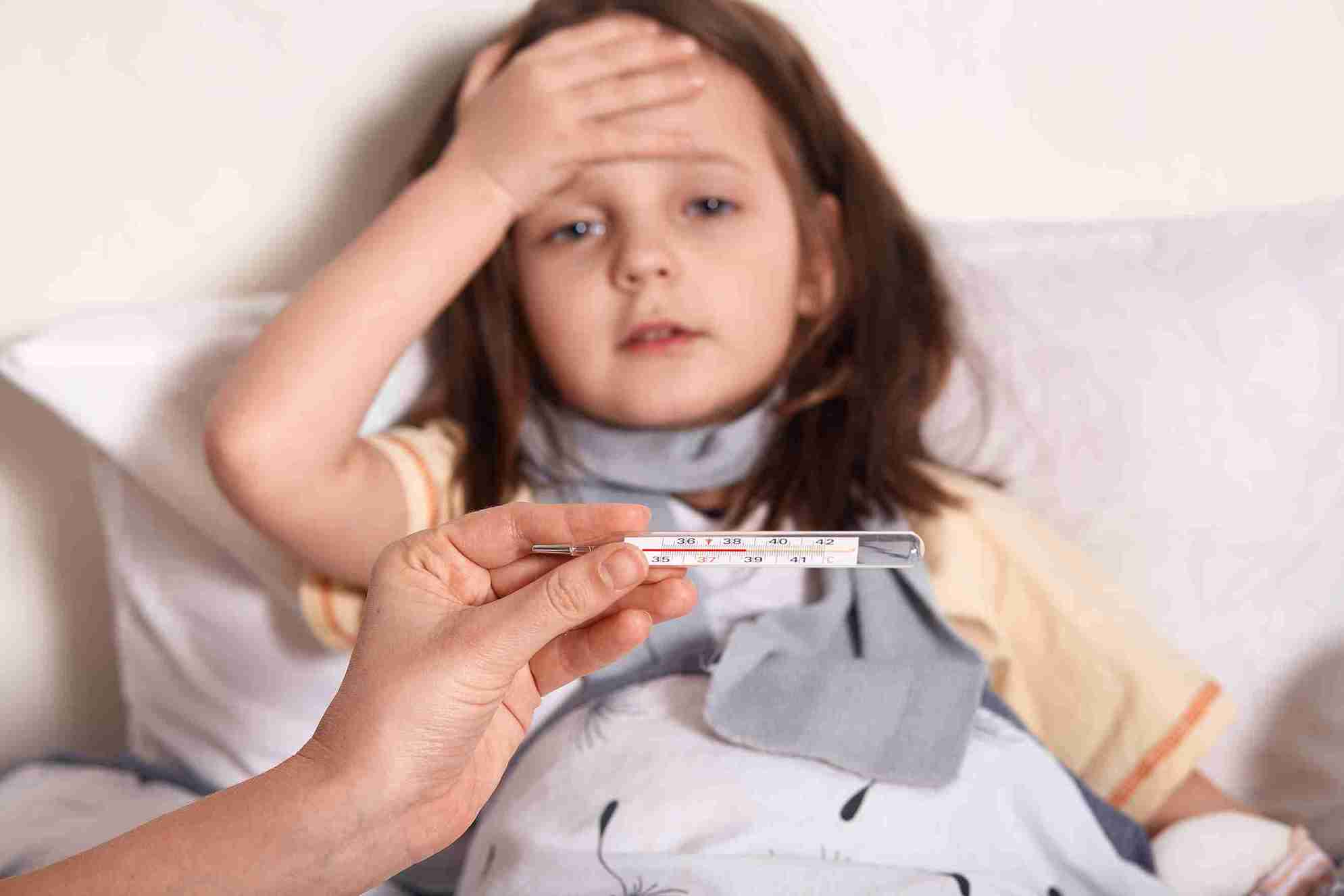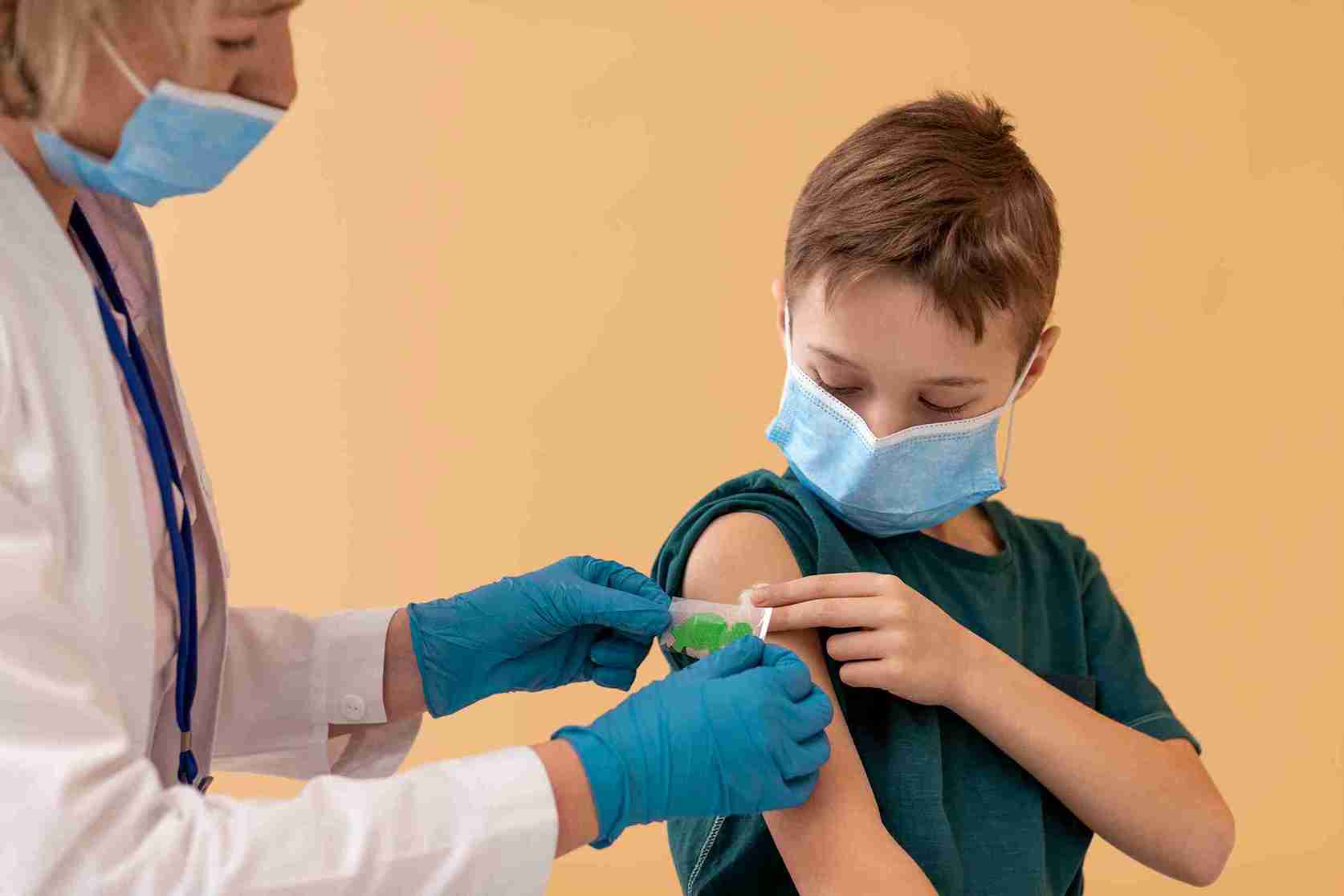
Polio is an infectious disease that affects the nerves. This crippling disease is caused by poliovirus and attacks the brain and the spinal cord of the infected. Due to this paralysis, the person may be unable to move certain parts of their body. In severe cases, the infection may lead to permanent paralysis. Children under the age of 5 are more prone to it. The polio vaccine is available for its prevention, and parents should ensure their children get this vaccination to prevent this dangerous ailment. Read below to learn more about the polio virus symptoms, treatment and prevention.

Poliomyelitis is called polio in short. It is a virus that spreads from one individual to another who is not vaccinated. It may cause no symptoms or mild flu-like symptoms for most, but for some, it may lead to severe symptoms, leading to long-term health complications or death. If the virus attacks you, it may lead to paralysis. People of all ages who are unvaccinated can get this virus, but children under 5 are more at risk than others.
● Abortive Polio: This is a mild form of polio. When infected with this polio, you may have an upset stomach, cold or flu-like symptoms. However, the brain is not impacted. Symptoms last for a few days to a week.
● Nonparalytic polio: This condition is similar to the first type, but symptoms persist longer and are more severe. The risk of a serious condition called meningitis (brain swelling) is high.
● Paralytic polio can cause muscle paralysis (in the arms, legs or breathing muscles) or permanent weakness. It is the most severe polio.
● Polioencephalitis: It causes brain swelling and occurs in infants. It is a rare form of polio.
● Post-polio syndrome: Polio symptoms of arm and leg weakness return later after the initial infection. It can happen to those who have had this virus in the past, even if they have fully recovered from it.
The polio virus symptoms depend on the type of polio you have contracted.
This type of polio may not have any symptoms, but if there are, they may be:
● Headache
● Fever
● Muscle pain
● Stomach ache
● No appetite
● Vomiting
● Nausea
The symptoms of this type are a more severe form of abortive polio symptoms. Additionally:
● Stiffness and pain in the neck
● Stiffness or aches in arms or legs
● Bad headache
After you feel better, there may be a second phase of this polio with:
● Neck and spine stiffness
● Muscle weakness
● Decreased reflexes

● Reduced reflexes
● Weakness or severe muscle pain
● Floppy limbs
● Pins and needles in the legs
● Paralysed legs, arms or both
● Problems with swallowing
● Breathing difficulties
● Sensitivity to touch
● Problems with swallowing and breathing
● Loss of muscle
● Sleep apnea or other sleep disorders
● Trouble with low temperatures
A poliovirus causes polio. The infection happens when a person comes in contact with a virus. This contagious disease spreads through direct contact or by touching an object with the virus. When you get infected with the virus, it lodges in your intestines and throat. You may get the virus by:
● Contact with poop of an infected person: Eating with unwashed hands with poop of the infected person. Food or water contaminated with this poop may also spread this virus
● Breathing droplets from a sneeze or cough of an infected person
Even if you do not have any signs of polio, the virus may be present in your body and can be passed to others.
Polio is a contagious disease that spreads through contaminated food or water. It is transmitted through contact with respiratory droplets or poop from direct contact with the infected. Ways of polio spread include:
● Not washing hands after touching poop or using the bathroom
● Consuming contaminated water
● Swimming in contaminated water
● Consuming food prepared with contaminated water
● Direct contact with an infected person
● Touching contaminated surfaces
You are at higher risk of polio if you are not fully vaccinated and have never had the disease. Additionally, your risk increases if you travel to or live in areas where polio is still present. Polio can happen to anyone at any age. However, young kids are more likely to get polio as they may not be vaccinated yet or because they have not had it earlier.

● Encephalitis is brain inflammation or the inflammation of the spinal cord or the lining around the brain
● Paralysis
● Post-polio syndrome can happen years after you have recovered from polio
● Death
A doctor diagnoses this illness based on your symptoms and tests. It is essential to inform your healthcare provider of any recent travel for a definitive diagnosis. The doctor may take body fluid samples to check for polio or other infectious diseases. These samples can be:
● Saliva (spit) from the throat
● Stool (poop)
● Blood
● Cerebrospinal fluid. Also known as a lumbar puncture or spinal tap. A needle is used to draw a fluid sample into the spinal canal.
As polio symptoms are flu-like, the doctor may recommend tests to check for more common ailments.
Polio has no cure. If you have contracted this virus, the focus is on making you comfortable and preventing other issues. Some possible treatments are:
● A ventilator to help you breathe
● Pain relievers
● Physical therapy for improving muscle functioning
● Fluids and bed rest for flu symptoms
● Muscle relaxants
● Antibiotics for urinary infections
● Heating pads for spasms and muscle aches
● Corrective braces
● Mobility aids like a wheelchair, cane, etc
● Pulmonary rehabilitation for lung complications
The best polio prevention option is vaccination, and avoiding contact with an infected person is another effective prevention strategy, although it does not always work. The Polio vaccination, done in childhood, can protect children by fortifying their immunity to fight against the polio virus. Children receive vaccine doses starting from as young as 2 months and must continue taking them until 6 years old. Typically, the polio virus children's vaccine is administered starting at 2 months of age. If you are not vaccinated as a child or are unsure about it, consult your doctor about options. Other ways to decrease the risk are:
● Frequent washing of hands so that you do not touch your mouth unknowingly and contract an infection. Ensure to wash your hands with soap and water after changing diapers or using the bathroom.
● Do not go to the swimming pool if you have diarrhoea. Do not let your children go to a swimming pool if they have had diarrhoea recently.
● Always consume completely cooked food and drink bottled water or boiled & cooled water, if you do not have access to clean water.

Polio infections can range from mild to severe. It can cause paralysis or even death. Prevention of polio is possible through vaccination during childhood and by maintaining proper hand hygiene. Contact your healthcare provider to learn more about this vaccine.

A virus, poliovirus, causes polio and spreads through the faecal-oral route. It is asymptomatic or may have flu-like symptoms.

There is no treatment for poliovirus.

The virus spreads through the faecal-oral route via contaminated food, water or objects.

The three types of polio are: Abortive, Non-paralytic and Paralytic polio.